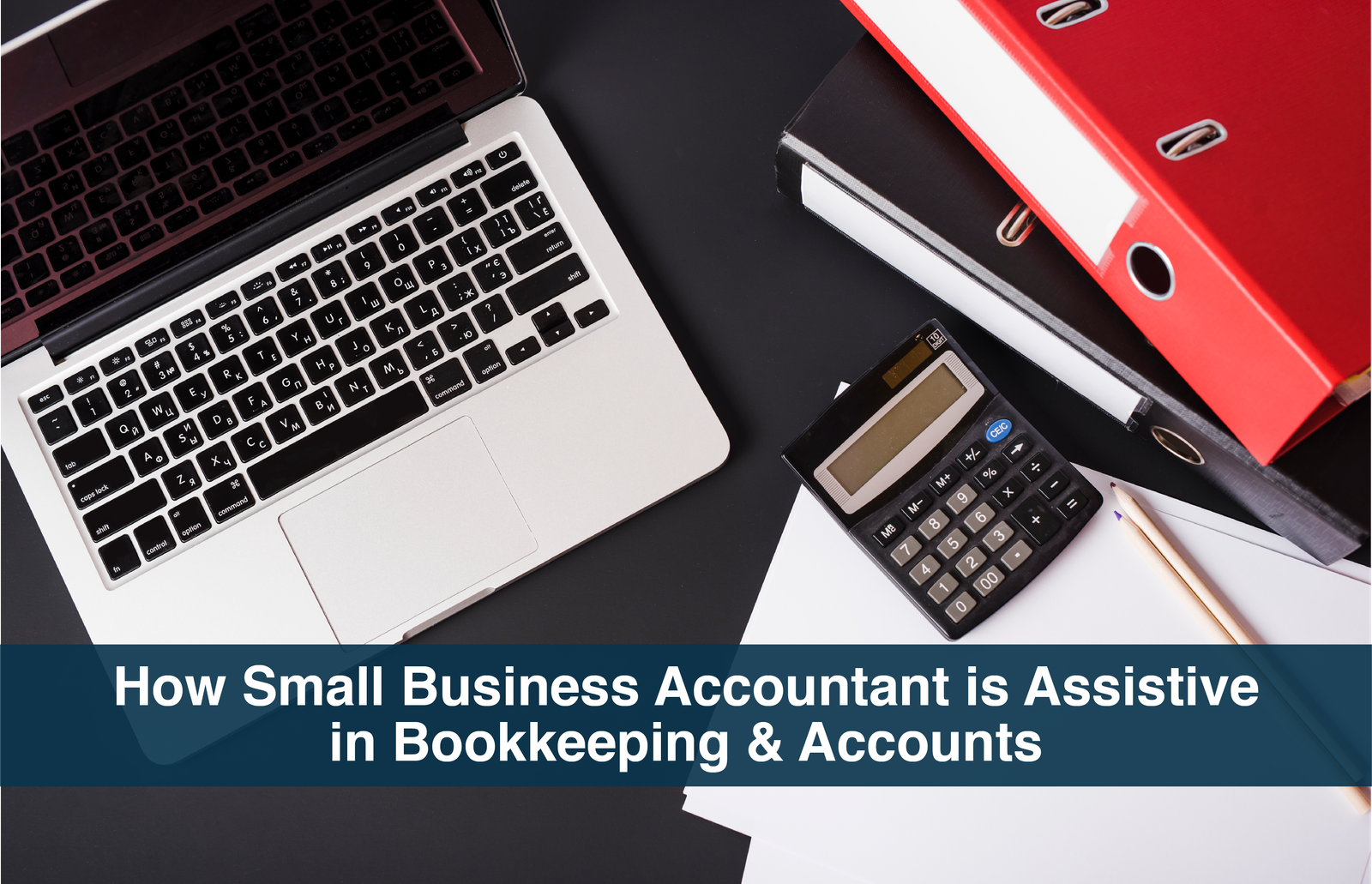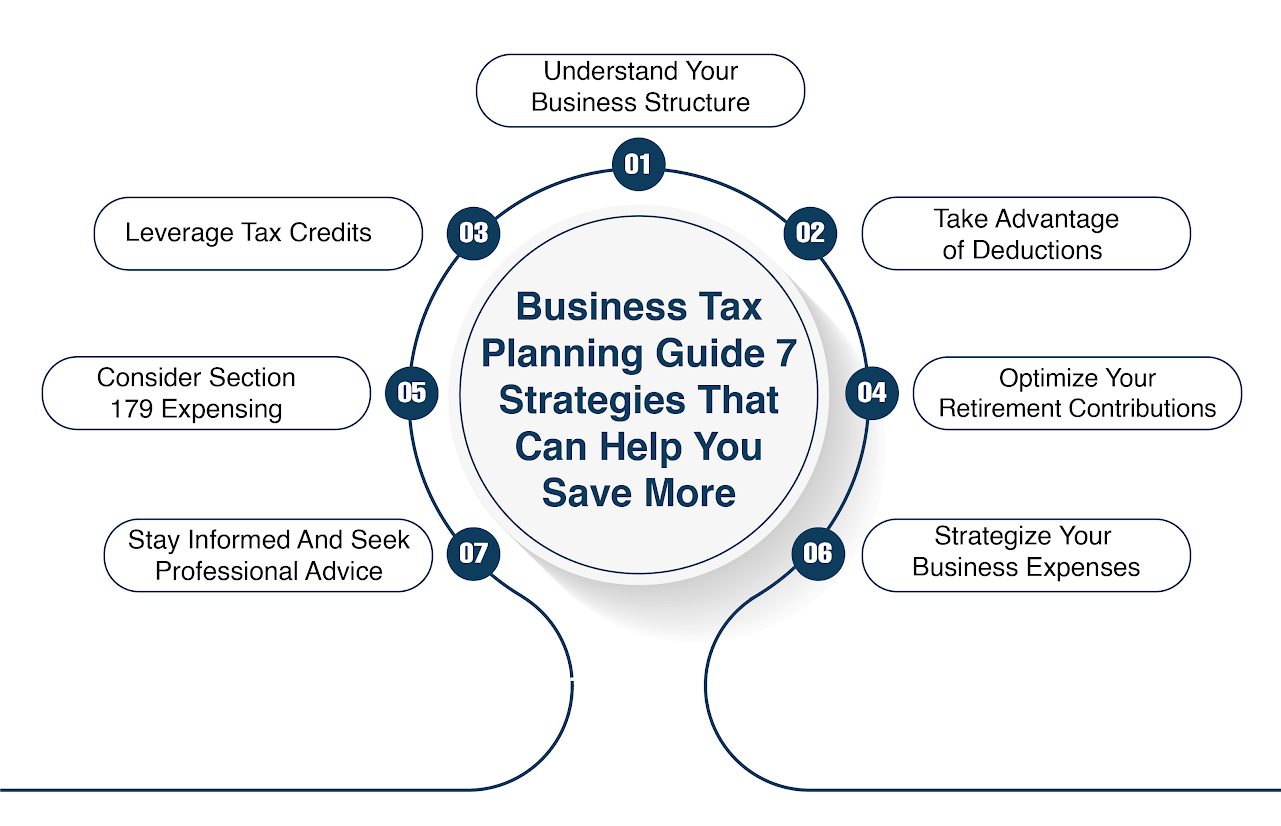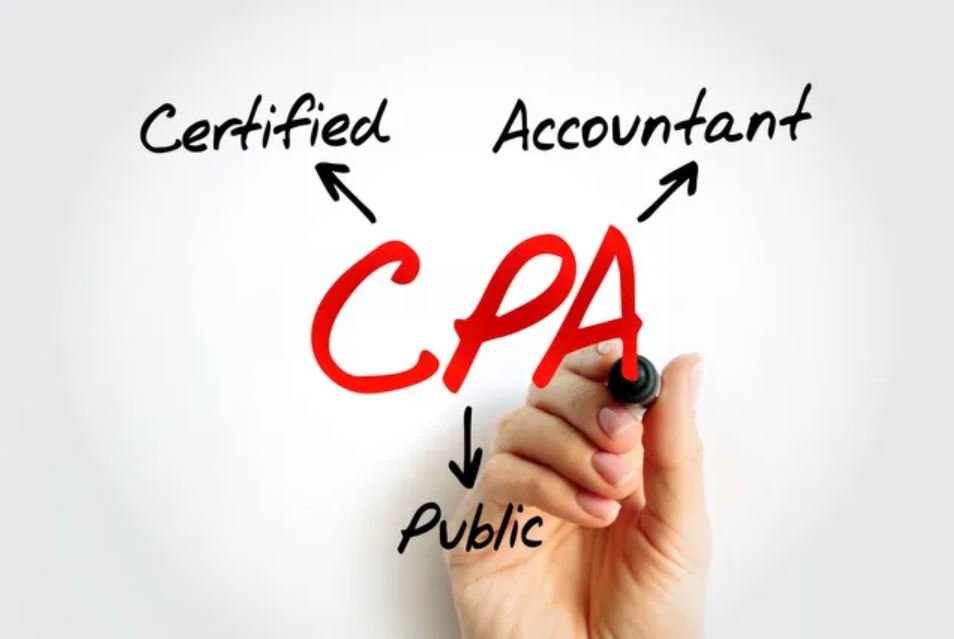In today’s competitive business climate, companies in every sector are under pressure to do more with less. That means businesses need help to afford cash opportunities to free up their working capital. SG INC CPA brings you the generally acceptable accounting principles (GAAP) with our professional accountant consortium by giving you greater availability to the cash trapped on your balance sheet. Our capital strategy can deliver the added liquidity you need to fund growth to streamline processes by reducing costs. This way, we enhance service levels and seize new investment opportunities as companies arise.
While there are numerous practices to free up working capital, this blog focuses on what are the 5 basic accounting principles: accounts receivable, accounts payable, cash management and inventory. This prime focus looks at accounts payable upon which GAAP is based. Let’s discover with us how accounts payables can be strategized for better return on investment (ROI).
Selection of Favorable Vendor
One of the first steps towards implementing a robust accounts payable system involves setting up preferred supplier lists to prevent maverick buying and position your business. Our accountants share insightful ideas to negotiate the most favorable buying terms. As part of the vendor selection process, there are several steps you should take to negotiate terms designed to optimize your working capital:
• You need to establish priorities for the vendor negotiation process and ensure key personnel and decision makers are involved (e.g. Chief Financial Officer and Chief Procurement Officer)
• Now you have to develop supplier performance scorecards for strategic vendors and leverage these scorecards during negotiation as a way to induce suppliers to improve product or service quality, customer service standards and price
• If you are coming from a position of strength, negotiate longer payment terms considering time period assumption.
• Regularly seek opportunities to negotiate better pricing as well. Strategies might include asking vendors to match lower prices offered to your competitors or negotiating for volume discounts.
Primary Data Setup Process for Supplier
Once you have negotiated terms with vendors, capturing and maintaining this data is essential. Inaccurate entry of this data can result in more than payment errors. It can also lead to account delinquencies, which prevent you from taking advantage of available discounts and may even lead to disruptions in supply. To avoid these outcomes:
• Ensure you’re purchasing and payables systems accurately reflect all service level agreements (SLAs). Among other things, supplier master data should indicate product/service details, quality standards, delivery timelines, supplier responsibilities, and time period assumption accounting that applies to regularly update payment terms and the availability of volume discounts, trade credits or other ongoing or periodic rebates. If supplier contractual terms change or are renegotiated, the master data must also be changed to keep pace.
• Properly store your supplier contracts. Our system for Document management systems can help streamline this process and simplify information searches.
Contract Review Process
The next principle we work on is to prevent inaccurate – or even fraudulent – vendor billing practices, which may result in overpayment or duplicate payment; it is essential to review vendor contracts regularly:
• Assign responsibility for data to a central master data team that can check for completeness, accuracy, and compliance with standard terms. This team should also periodically review vendor performance to ensure vendors continue to meet their contractual terms
• Include supplier contract clauses that pass accountability for fines and penalties to vendors where they are found to be underperforming in some respect
• Complete periodic and timely vendor contract reviews, in addition to reviewing such contracts against industry standard terms
• Ask your legal team to check vendor authorization limits. We will assess the appropriateness of contractual terms and confirm compliance with IRS regulations.
Procurement Managing Process
Some businesses work with hundreds, and even thousands, of suppliers. Even if your environment is more streamlined, keeping track of all the invoices you receive and reconciling each invoice to its associated PO can be challenging. However, failure to accurately manage payables makes it harder to forecast and manage cash flows and anticipate short-term liquidity needs, putting many businesses on an unnecessary cash flow tightrope.
With our knowledgeable virtual CFO and CPAs team, we apply the procurement standards that can also place the business at risk of overspending or trading with unapproved suppliers. To prevent maverick buying or purchase control overrides, you must track internal buyer practices to ensure buyers work with pre-approved vendors and stay within authorized spending limits. Here are some strategies we follow:
• Issue POs for each new order so you can validate any orders received, lock in payment terms in advance, and track invoices against existing POs to ensure suppliers bill by agreed-upon terms.
• Maximize your savings potential by exploring the viability of any available early payment discounts, volume rebates, or trade spend initiatives, but remember that you don’t need to accept all early payment discounts. If you don’t have the cash on hand or the capital outlay exceeds the benefit of the discount offered, it may make sense to pay later
• Track payables outstanding by the vendor and by payment terms
• Set clear accounts payable metrics (such as frequency of invoices that match POs, percentage of invoices paid to terms, and percentage of negotiated discounts captured) and adhere to them across the organization
• When purchasing a new or riskier product, negotiate longer payment terms to increase working capital or ask to add the product to consignment stock rather than inventory as a way to maximize liquidity and reduce risk.
Manage Invoicing Process
Properly managing the invoicing process is yet another way to improve liquidity. Following are some strategies, we advise you to improve processing:
• Set up a centralized processing office to ensure a standardized and consistent approach
• Refuse to pay inaccurate invoices (e.g. errors in quantities, amounts, address, etc.). These should be sent back to the supplier
• Process invoices on a timely basis and include a date stamp.
• Be sure to complete this process per defined internal service level agreements (e.g. process invoices within two days of receipt).
• Avoid paying invoices early; without risking key supplier relationships, you should pay invoices only when they are due
• Conduct a management review of the AP aging listing to determine appropriate follow-up actions • Develop appropriate channels and processes for exception reporting and handling
• Implement an EDI system that allows vendors to submit invoices electronically. SG INC CPA team of accountants and CFOs enables you to track invoices against their associated Pos to validate and approve payments and maintain accurate payment records.
Conclusion
Summarizing the influential thoughts, effective management of payables is crucial for businesses of all sizes. Whether you deal with a vast network of suppliers or operate in a more streamlined environment, the challenge of tracking and reconciling numerous invoices with their associated purchase orders is ever-present. The consequences of the inability to address this challenge can be catastrophic.
To thrive and maintain financial stability, a professional accountant helps you manage the strategic payable management systems that enhance transparency to streamline processes. By hiring a trusted accountancy firm, businesses can confidently stride forward, free from the precarious cash flow tightrope, to grow productively with better ROI.
FAQs & Answers:
What Are The GAAP Rules For Accounts Payable?GAAP standards are used to manage and process in-house financial transactions and vendors’ data. The SG INC CPA offers a capital strategy to optimize liquidity that facilitates growth to streamline processes.
How Can I Optimize Vendor Selection For Better ROI?It would help if you started by setting up preferred supplier lists to prevent maverick buying. Our accountants recommend establishing vendor negotiation priorities to leverage performance scorecards.
What Is The Importance Of The Master Data Setup Process For Suppliers?After negotiating terms, your business management should capture and maintain the supplier data. SG INC CPA advises accurately reflecting service level agreements by updating payment terms regularly.
How Can I Prevent Overpayment Or Duplicate Payment Through Contract Reviews?Business owners must regularly review vendor contracts to prevent inaccurate billing practices. You must assign responsibility to a central master data team to include accountability clauses for fines and penalties.
What Strategies Can Be Employed To Manage The Invoicing Process Effectively?Businesses need to set up a centralized processing office. Always refuse to pay inaccurate invoices to process invoices on a timely basis. So, you should avoid early payments to conduct management reviews of accounts payable ageing listings.






